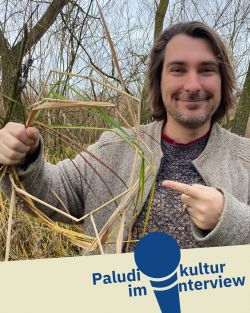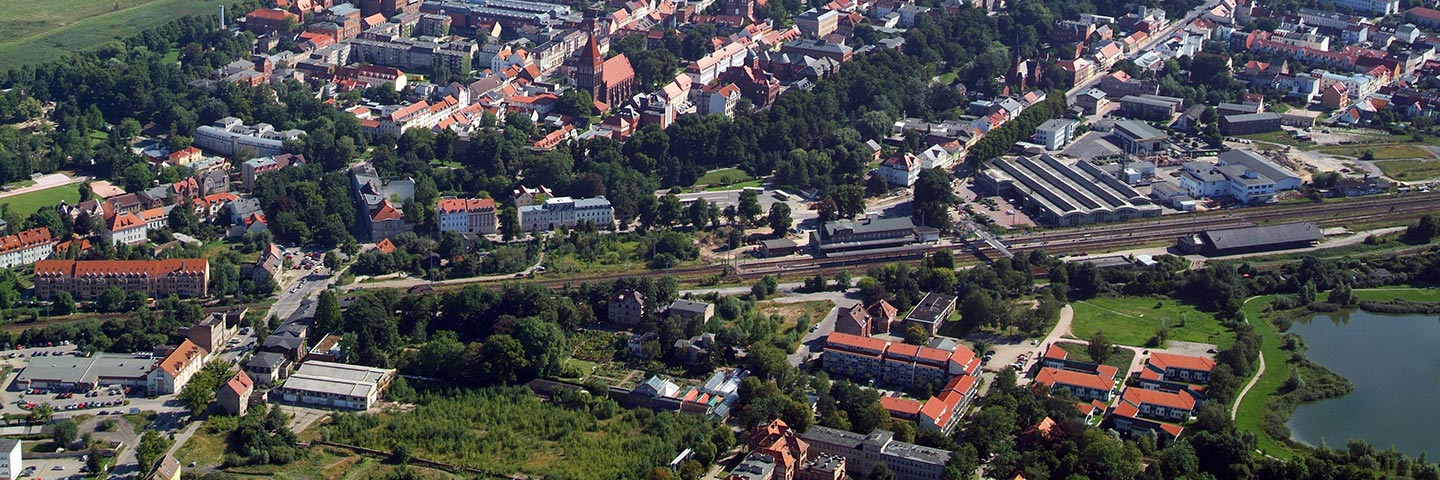News
2026
by Berit Krondorf
Paludi Summer School 2026
Only a few places left!
10/01/2026 Last chance: There are only a few places left for the nine-day Paludi Summer School in June 2026. Doctoral students and early-career scientists who are looking for expertise and want to network can still register until 31st January.
The Paludi Summer School will take place from 8 to 17 June 2026 at the Thünen Institute in Braunschweig and the Greifswald Moor Centrum.
The main goal is to strengthen interdisciplinary exchange and to connect participants with each other as well as with experts from research and practice. The focus is on jointly developing and deepening knowledge about paludiculture. The programme is supplemented by practical tasks, interactive workshops and excursions to project sites, rounded off by several leisure activities that provide opportunities for exchange and networking. Each participant is asked to give a presentation on their own research topic – an opportunity to share ideas, receive feedback and learn from each other.
Registrations are possible using this form. The Paludi Summer School is organised by the PaludiZentrale project.
by Berit Krondorf
From Peatland to market

LCA for paludiculture – how does it work?
Greifswald, 7 January 2026 Clemens Kleinspehn is working at the University of Greifswald on the PaludiAllianz project to calculate the environmental impact over the entire life cycle – a so-called Life Cycle Analysis (LCA) – for a paludiculture product. His focus: the OTTO Group's shipping carton, which consists of 10% biomass from wet moors.
In the latest Paludiculture interview, he explains that this primarily provides the basis for the economic competitiveness of paludiculture products. The challenge here is that international life cycle assessment databases currently lack data on paludiculture products. Clemens Kleinspehn not only shows how the project closes these data gaps, but also which competing products may provide an orientation and which impact categories, such as water and energy consumption, biodiversity and greenhouse gas emissions, it focuses on. He also addresses the importance of LCA transparency, as there are no binding standards.
The LCA is not only intended to provide scientific findings, but mainly to offer companies and interested consumers a sound basis for decision-making. ‘Climate balances are an important purchasing criterion today,’ emphasises Kleinspehn. ‘Our results will be published so that producers and interested parties can better evaluate paludiculture products.’ The analysis is expected to be completed in six months.








